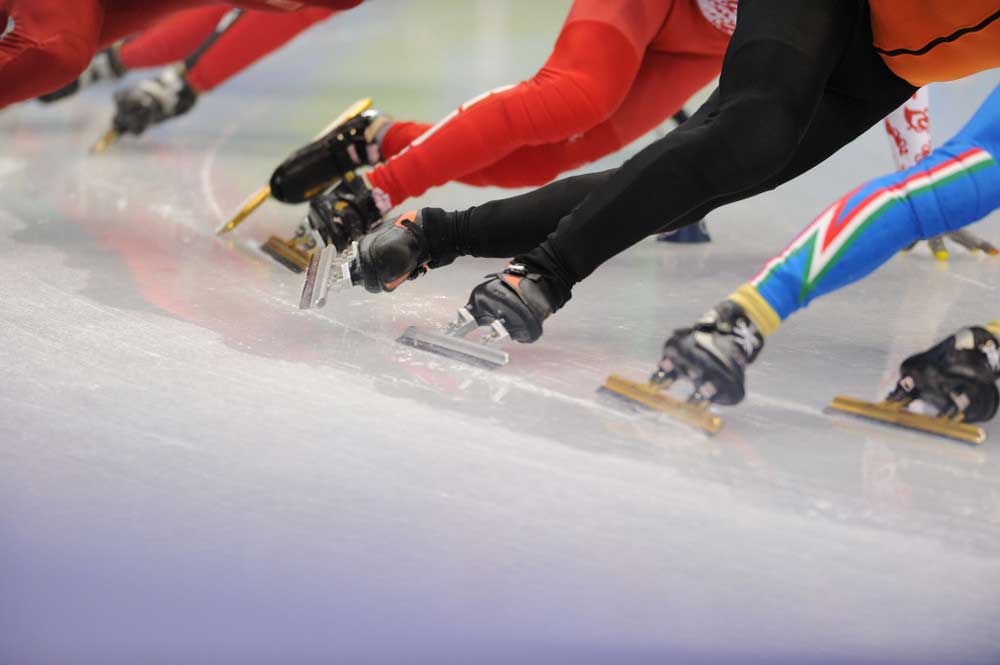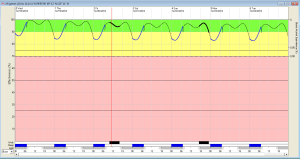The road to Sochi

With the 2014 Winter Olympic Games quickly approaching, athletes around the world are getting ready to hit the road to Sochi.
The road to Sochi is a long and challenging one, as athletes devote years of training and sacrifice to have a shot at bringing home a gold medal. But for many athletes, the road to Sochi is also literally long and challenging. Take a look at the miles and time zones crossed to get to Sochi:
- From Calgary, AB Canada – Miles: 5725.4, Time Zone: + 11 hours
- From Lake Placid, NY USA – Miles: 5137.9, Time Zone: + 9 hours
- From Leukerbad, Switzerland – Miles: 1576.6, Time Zone: + 3 hours
- From Osaka, Japan – Miles: 4887.4, Time Zone: – 5 hours
- From London, UK – Miles: 1915.4, Time Zone: – 4 hours
- From Sydney, Australia – Miles: 8784.0, Time Zone: + 7 hours
- From Buenos Aires, Argentina – Miles: 8186.3, Time Zone: – 7 hours
With all of these miles and times zones to contend with, athletes should probably arrive weeks in advance to adjust to the Olympic setting’s local time, right?
A few weeks ago, we took a look at a recent study, published in the December 2013 Journal of SLEEP, which explored the circadian advantages and disadvantages of NFL teams playing at various times on the East Coast. The study concluded that depending on the start time of the game, there were instances in which the West Coast team was actually at an advantage over the East Coast team, and showed better performance in spite of their travel across time zones. Over the duration of a later East Coast game, the West Coast team’s performance increased 3% while the East Coast team’s performance was diminished by 6% – all because of circadian factors.
When looking at this change in performance in the context of elite sports, where events can be won by 1/100th of a second, even a small increase or decrease in reaction time can be the difference between a podium or 4th place finish. So does it make sense for athletes to make sure they are settled into Sochi and the local time zone well ahead of the Olympic start? The answer is: There is no simple answer. Depending on time zone changes and timing of athletic event, the opportunity to take advantage of circadian factors will be a little different for everyone.
As we demonstrated in the previous post looking at Circadian Factors in Athletic Performance, Fatigue Science technology can model the change in performance based on all of these inputs so teams or athletes can take measures to optimize performance at the moment it matters.
